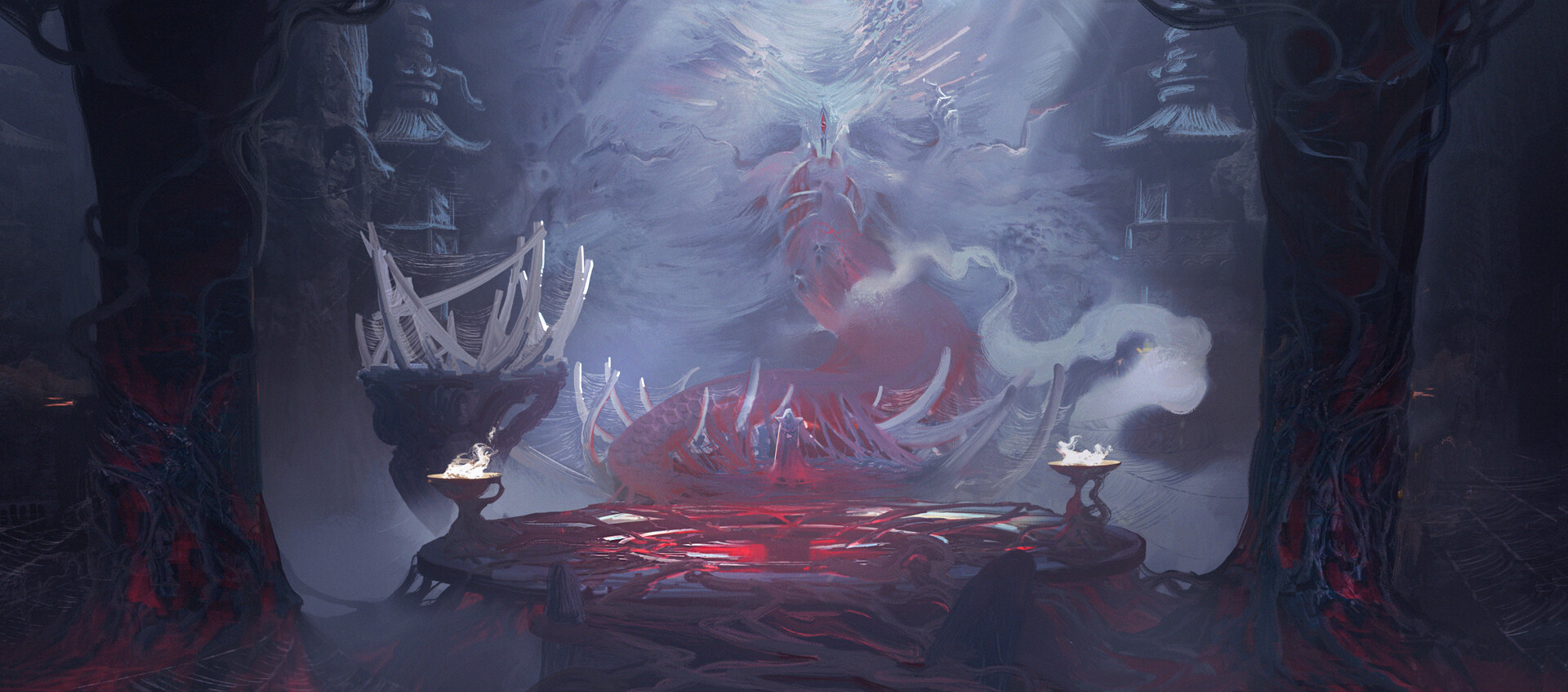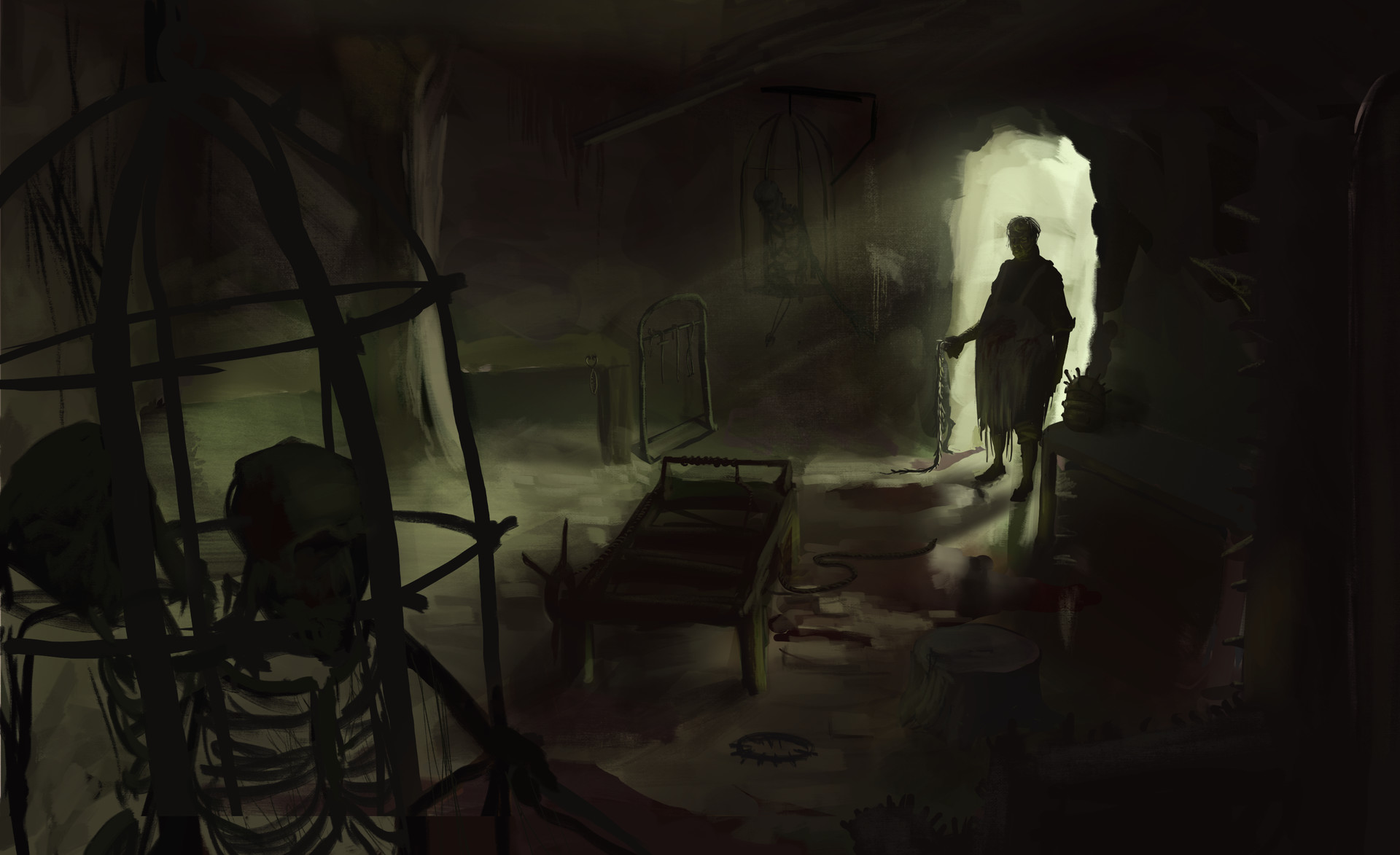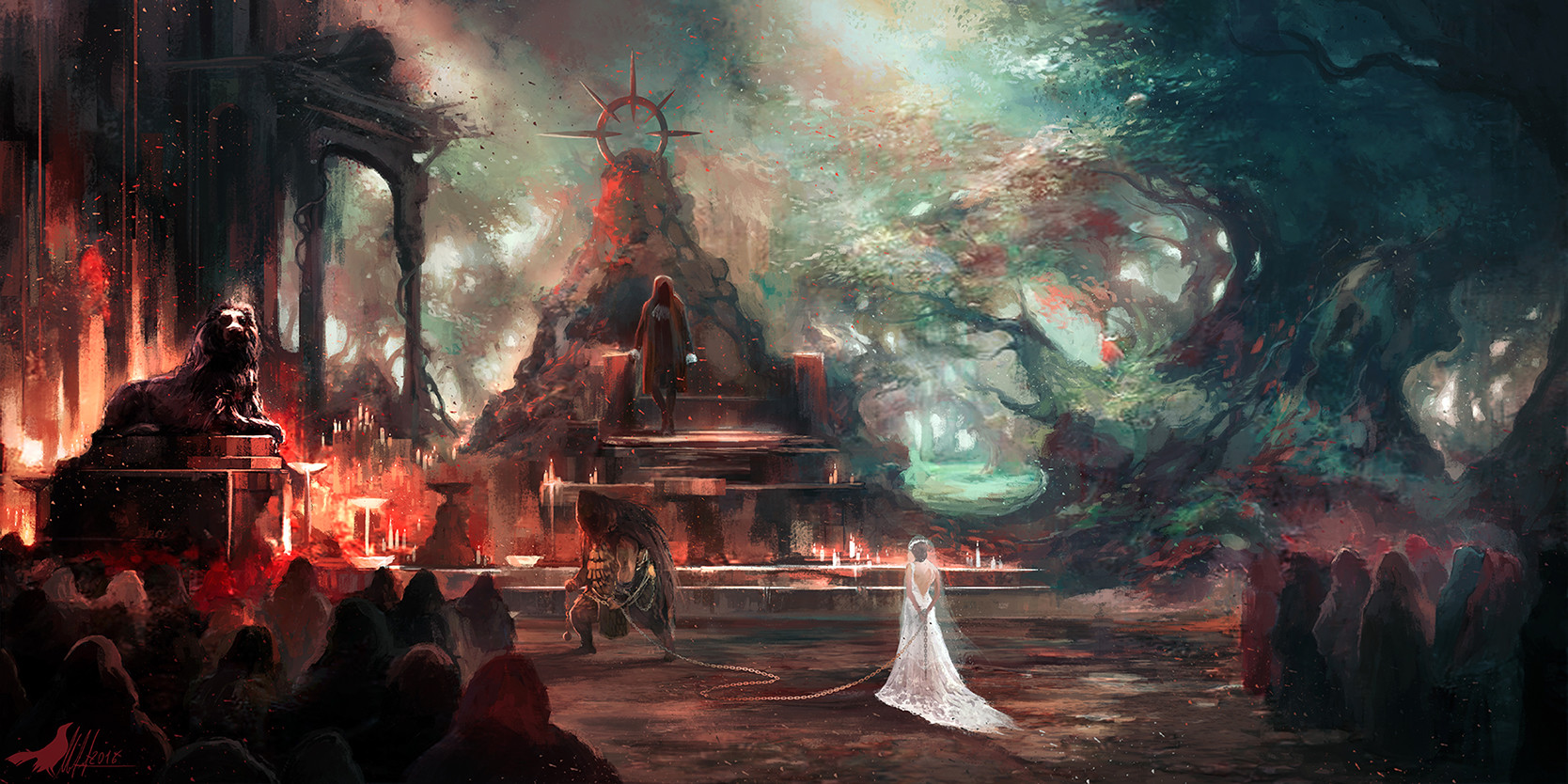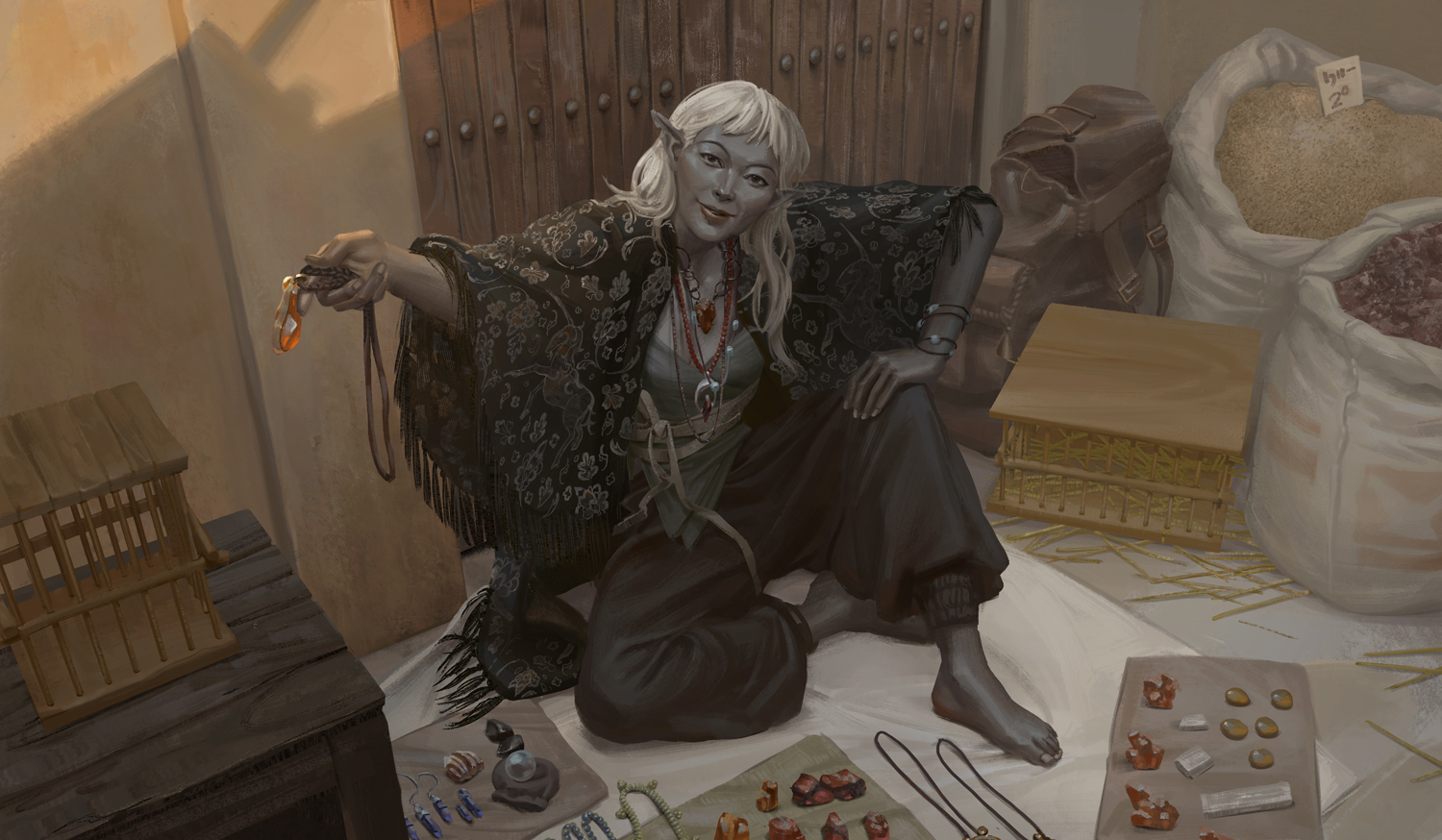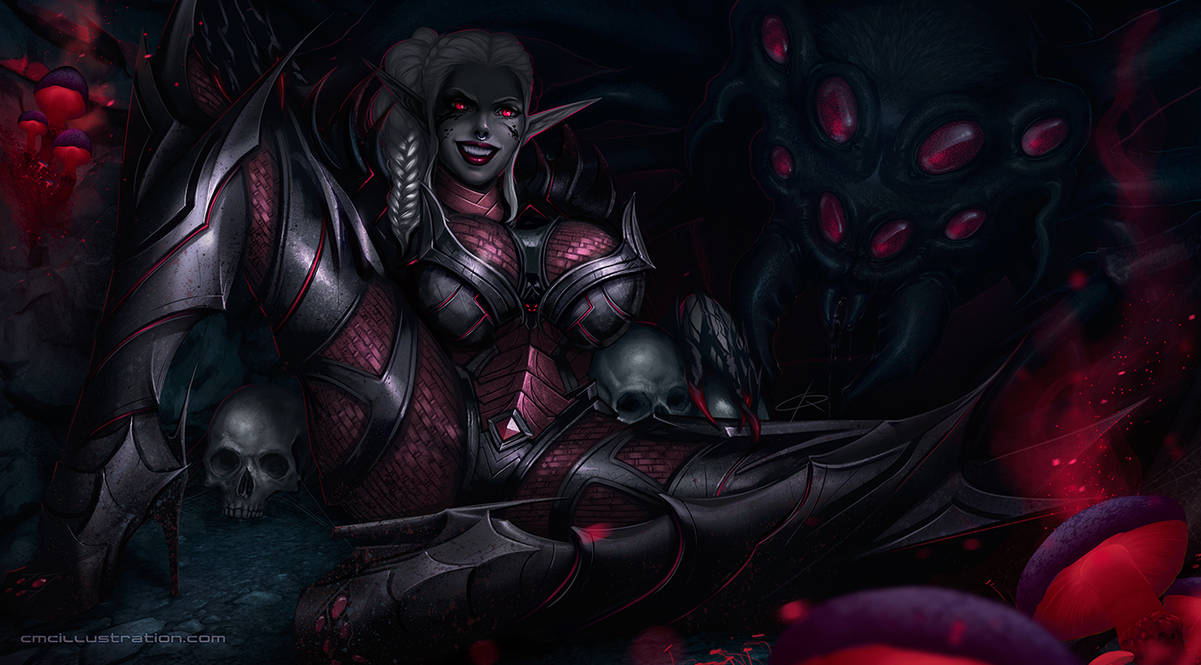The Infernal Order
A pantheon of gods that preside over evil and chaos, fighting to gain power and using mortals to do so. The Infernal Order is illegal to worship throughout most of Sol, though some cults, communities, and even whole cultures are an exception to this. In the calamitous war that nearly ripped the fabric of reality apart, the infernals attempted to destroy creation and supplant the divines as masters of reality, being repelled by the celestials and their champions.
The infernals expect many of the same things as their celestial counterparts such as worship and devotion, though mostly without virtue and with a harsh emphasis on sacrifice and submission. They offer mortals a taste of power for their service and often deliver, albeit usually in a way that betrays the implied terms of their bargains. Mortals show their devotion to the infernals by building altars, shrines, and hidden temples to the deities where their worship is illegal and functioning temples where legal.
Valraath, the god of destruction, slaughter, and malice
Heronis, the god of pleasure, debauchery, and hedonism
Celexei, the god of black magic, summoning, and necromancy
Demithios, the god of insanity, madness, and terror
Chrynios, the god of messages and trickery
Shaegunda, the god of forbidden knowledge, fate, and dreams
Kabara, the father of vampirism
Savaris, the mother of lycanthropy
Misanthei, the goddess of despair and misfortune
Mephia, the goddess of hidden truth
Nyx, the goddess of secret murder
Anathexia, the goddess of plague, pestilence, and deviancy
Strife, the goddess of plots, conspiracy, and ambition
Daphyxo, the goddess of deception, thieves, and reversal of fortune
Worship
Particular forms of worship differ greatly between gods. However, while some gods of the Infernal Order may ask for prayer, penance, and supplication as other gods tend to, others from among their ranks may require more taxing forms of devotion to prove oneself. Average believers may not engage in worship every day or even that often. They may wear an amulet, even in secret, to represent their faith or speak a silent prayer when needed. But overall, Infernal worships, safe for Night Elves, tend to keep their worship rather quiet, not wanting to invoke the attention of their gods without good reason. Though this also depends on the particular god and their attitude towards worship. Some, such as Mephia seem utterly indifferent to worship, while others, such as Nyx and Strife may treat it as a sort of annoyance. For many Infernals, obedience is far more reliable than love.



